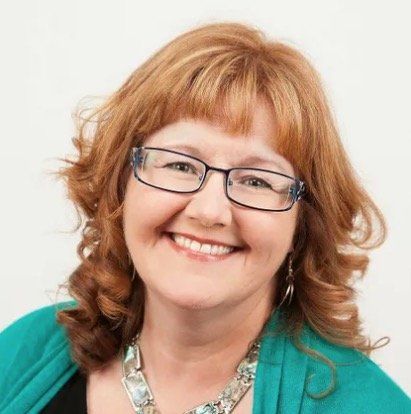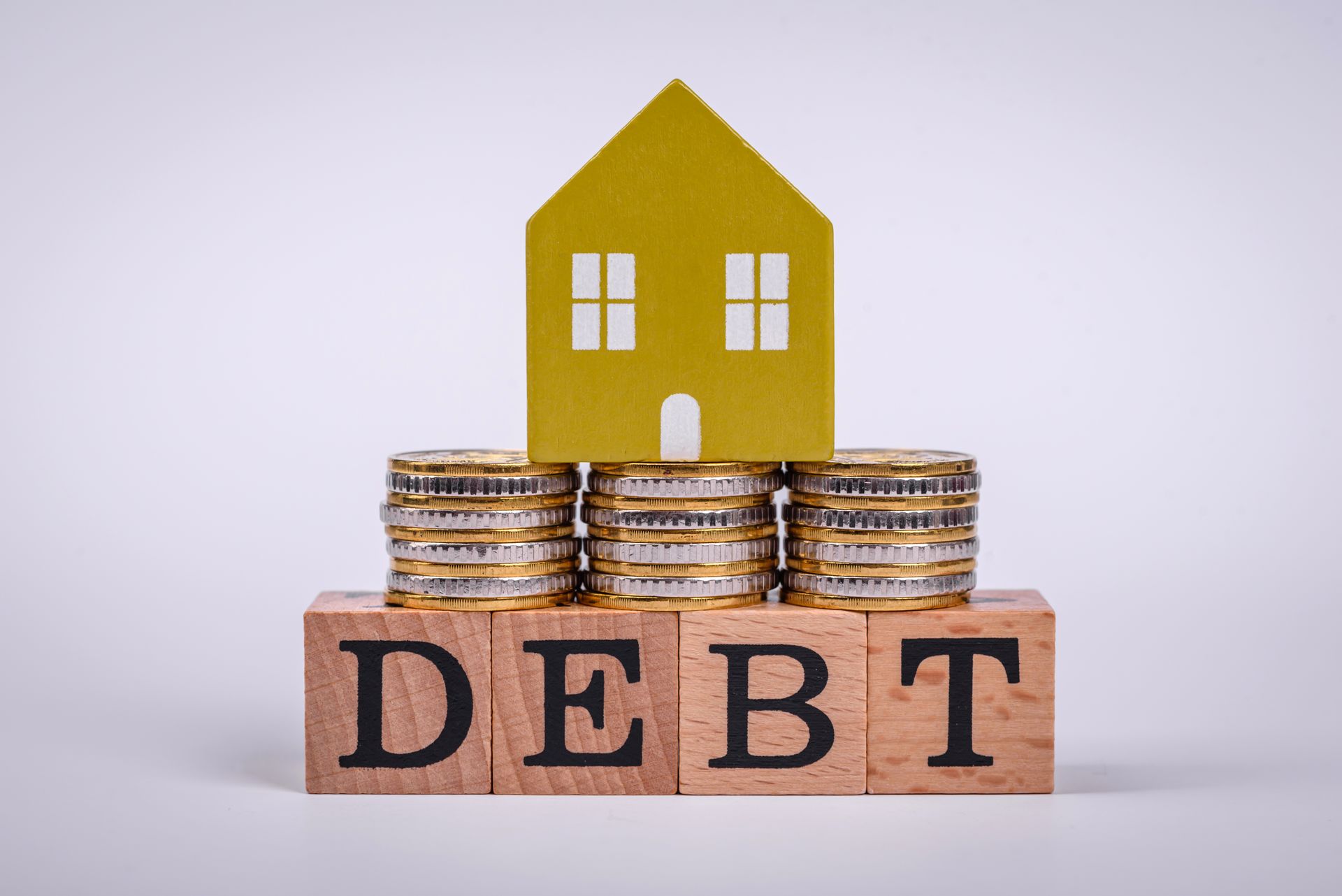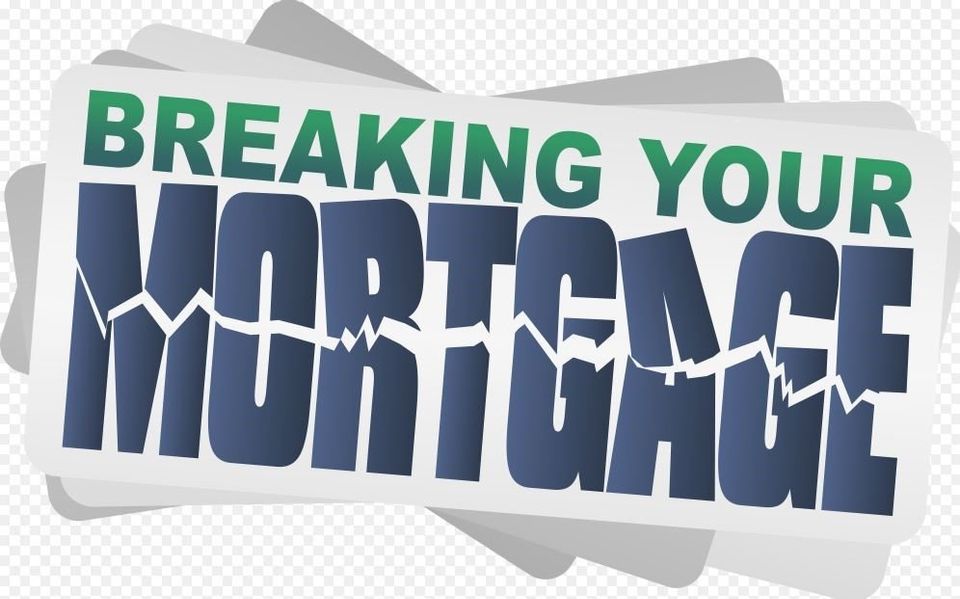9 Reasons Why People Break Their Mortgages
Did you know that around 60% of people break their mortgage before their mortgage term matures?
Most homeowners are bli ssfully unaware that when you break your mortgage with your lender, you will incur penalties and those penalties can be painfully expensive.
Many homeowners are so focused on the rate that they are ignorant about the terms of their mortgage.
- Is it sensible to save $15/month on a lower interest rate only to find out that, 2 years down the road you need to break your mortgage and that “safe” 5-year fixed rate could cost you over $20,000 in penalties?
Check out my BLOG Mortgage Penalties – Ouch… How Much??
There are a variety of different mortgage choices available. Knowing my 9 reasons for a possible break in your mortgage might help you avoid them (and those troublesome penalties)!
9 reasons why people break their mortgages:
1. Sale and purchase of a home
• If you are considering moving within the next 5 years you need to consider a portable mortgage.
• Not all of mortgages are portable. Some lenders avoid portable mortgages by giving a slightly lower interest rate.
• Please note: when you port a mortgage, you will need to requalify to ensure you can afford the “ported” mortgage based on your current income and any the current mortgage rules.
2. To take equity out
• In the last 3 years many home owners (especially in Vancouver & Toronto) have seen a huge increase in their home values. Some home owners will want to take out the available equity from their homes for investment purposes, such as buying a rental property.
3. To pay off debt
• Life happens, and you may have accumulated some debt. By rolling your debts into your mortgage, you can pay off the debts over a long period of time at a much lower interest rate than credit cards. Now that you are no longer paying the high interest rates on credit cards, it gives you the opportunity to get your finances in order.
4. Cohabitation & marriage & children
• You and your partner decide it’s time to live together… you both have a home and can’t afford to keep both homes, or you both have a no rental clause, or??? The reality is that you have one home too many and may need to sell one of the homes.
• You’re bursting at the seams in your 1-bedroom condo with baby #2 on the way.
5. Relationship/marriage break up
• 43% of Canadian marriages are now expected to end in divorce. When a couple separates, typically the equity in the home will be split between both parties.
• If one partner wants to buy out the other partner, they will need to refinance the home
6. Health challenges & life circumstances
• Major life events such as illness, unemployment, death of a partner (or someone on title), etc. may require the home to be refinanced or even sold.
7. Remove a person from Title
• 20% of parents help their children purchase a home. Once the kids are financially secure and can qualify on their own, many parents want to be removed from Title.
–Some lenders allow parents to be removed from Title with an administration fee & legal fees.
–Other lenders say that changing the people on Title equates to breaking your mortgage – yup… there will be penalties.
8. To save money, with a lower interest rate
• Mortgage interest rates may be lower now than when you originally got your mortgage.
• Work with your mortgage broker to crunch the numbers to see if it’s worthwhile to break your mortgage for the lower interest rate.
9. Pay the mortgage off before the maturity date
• YIPEE – you’ve won the lottery, got an inheritance, scored the world’s best job or some other windfall of cash!! Some people will have the funds to pay off their mortgage early.
• With a good mortgage, you should be able to pay off your mortgage in 5 years, there by avoiding penalties.
Some of these 9 reasons are avoidable, others are not…
Mortgages are complicated… Therefore, you need a mortgage expert!
Give me a call and let’s discuss the best mortgage for you, not your bank!



Let's do this together.
Sign up to our newsletter
Thank you for contacting me.
I will get back to you as soon as possible
Please try again later
CONNECT
604-312-5009
kelly@kellyhudsonmortgages.com
All Rights Reserved | Mortgage Architects




